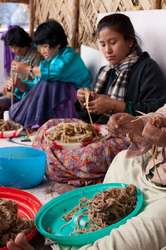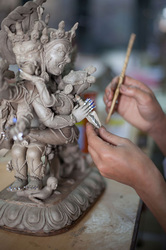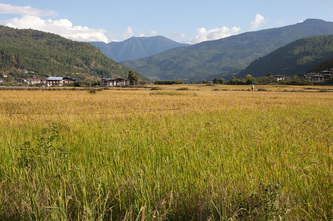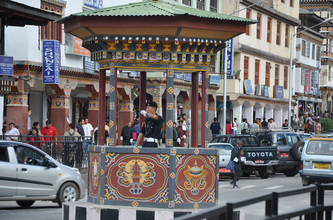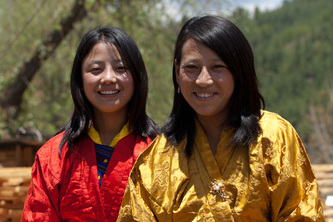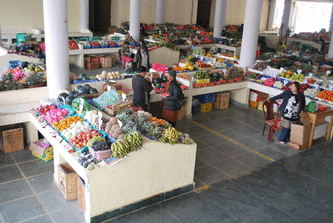economy & gross national happinessBhutan’s economy was basically agrarian. However, in the last four decades of swift development activities, today Bhutanese economy has transformed from the subsistence agrarian economy to a bustling trading economy. The economy is only growing.
Bhutan’s economy rests on the pillars of agriculture, tourism, hydropower and forestry. In recent times, sale of hydroelectric power to India and an increasing in flow of tourists have boosted the economy like never before. While the government’s goals are to achieve expedient economic development to better life and living standards, that is not all. Bhutan follows a unique development philosophy called the Gross National Happiness. This term was coined by the Fourth King, His majesty Jigme Singye Wangchuck. The GNH philosophy is an unconventional development paradigm that places importance not just on economic progress but on the happiness that development can bring to the people. GNH philosophy believes that true development takes places when material and spiritual advancement complements or reinforces each other. The philosophy therefore is a balance between material progression and emotional well being. From a mere abstract term, GNH has come a long way. Today the Center for Bhutan studies, a premier research institute in the country, has taken up the mantle to practically realize GNH in empirical terms. This is in an attempt to measure GNH. The institute has come up with 72 indicators and nine domains in order to measure happiness of the people. The four pillars of GNH are: equitable and sustainable socio-economic development, preservation and promotion of culture, conservation of environment and good governance. The Royal government of Bhutan has made it mandatory for every public agency to inculcate GNH principles and values and implement them. |
|
|

